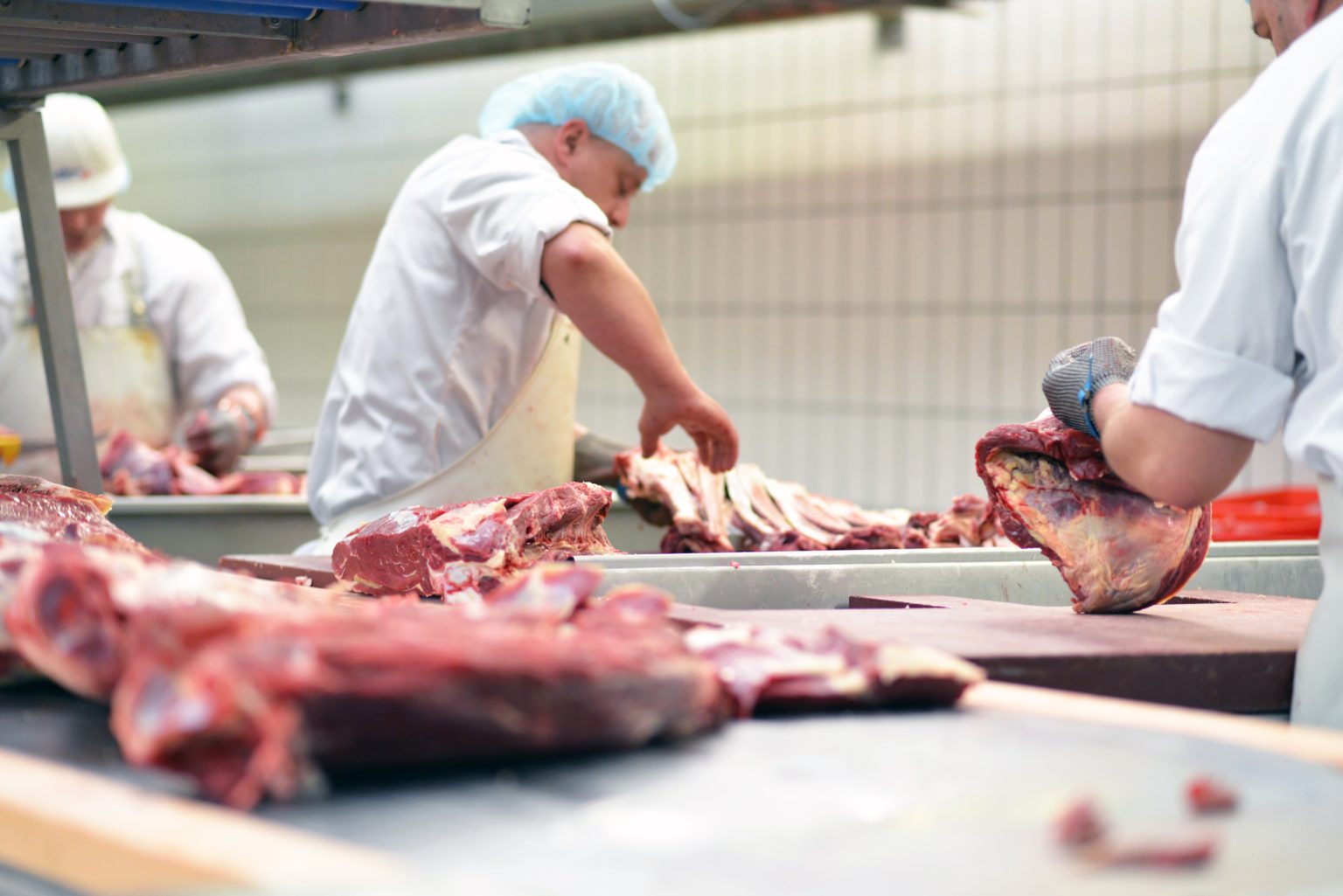Argentina’s dwindling purchasing power has triggered the most severe drop in beef consumption witnessed in the country over the past 30 years.
According to the Argentine Chamber of Meats and Derivatives Industry and Commerce (CICCRA), during the first quarter of the year, beef consumption plummeted to 499,700 tonnes, marking a decline of 17.6% from the same period in 2023.
This decrease represents the largest quarterly drop recorded by CICCRA in 30 years.
In March alone, per capita beef consumption in Argentina fell to 42.6kg, which is 18.5% lower than in March 2023.
Miguel Schiariti, the president of CICCRA, expressed to Just Food that the central cause for this downturn is the decrease in salary values amidst rampant inflation in Argentina.
He also pointed out that the first quarter of 2023 figures were influenced by a drought that prompted meat companies to prematurely move cattle to feedlots and escalate slaughtering activities.
Schiariti elaborated, “This is also why the fall in this last quarter was so large. Without the oversupply from last year’s drought, consumption per capita would have dropped by less than eight kilos a year instead of ten.”
In March, the monthly inflation rate reached 11%, leading to a more than 51% increase compared to December and an astonishing 287.9% surge over the past 12 months, as reported by INDEC, the official statistics agency.
Moreover, prices for general food and non-alcoholic beverages in March rose by 10.5% from February, 48.9% from December, and 308.3% over the previous 12 months.
Specifically for beef, prices in March saw a 9.5% increase from February and a 278% rise since March 2023, which is below the general food inflation rate, a CICCRA report noted.
Examining the main beef cuts, the average price for common minced meat quadrupled over twelve months. Shoulder meat prices soared by 287.5%, rump prices by 271.6%, and hamburger pack prices increased by 276.2% annually.
Schiariti urged the Argentinian government to reconsider export fees to boost the sector’s competitiveness and facilitate the restoration of cattle numbers through targeted credit lines.
“What the meat and cattle sector needs is something the current government is already doing and that is not intervening in meat production or export,” Schiariti stated. “Accelerating the recovery of the number of cows lost during the drought would increase production for domestic and foreign markets. And, when meat exports increase, there’s always cuts that remain in the domestic market at lower prices, so local prices would not increase as much, allowing people to consume beef again”.
